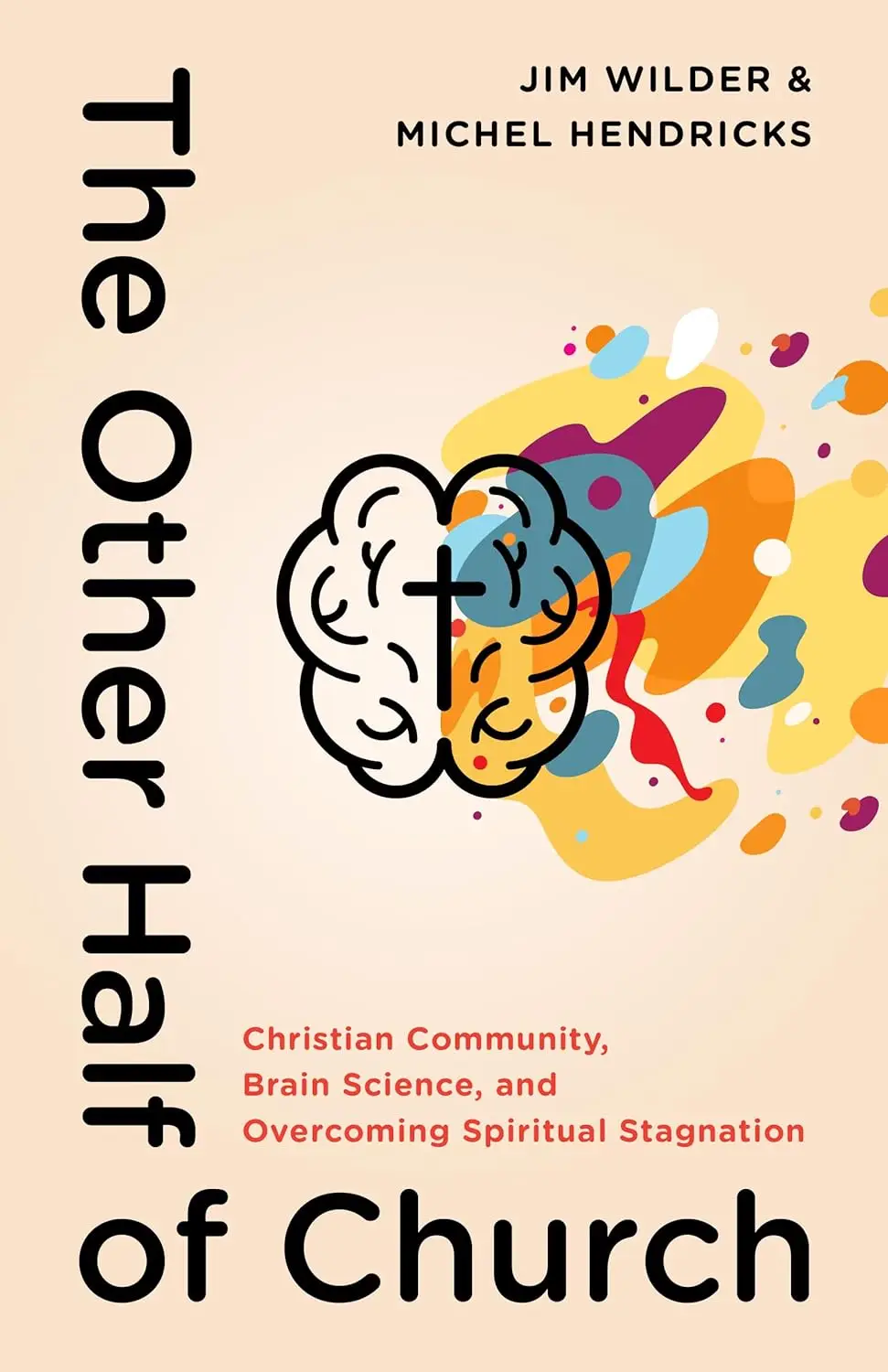Furthering The Conversation About Background Checks
This week’s post is a joint post by Kimrey Dillon with Ann Maree Goudzwaard which came out of a conversation regarding the PCA Background Check Overture at General Assembly next week. She has thoughts and I have time so we pooled our resources! The examples given are a combination of both of our experiences.
Imagine this: You are sitting in Missions class in seminary when your professor divides you in groups to discuss hypothetical cross-cultural scenarios. Your group’s scenario? A missionary is living in a culture where wife beating is normalized. As wife beating is legal, the missionary beats his wife for an “infraction[1]” and hospitalizes her. Your group’s job is to deal with the situation. What do you do?
As you are sitting there, you naturally assume everyone is on the same page. While the response takes wisdom, the moral outrage should be automatic, right? Only that’s when you discover, one of the male participants in your group has no problem with this hypothetical scenario! The rest of the group sits in awkward silence, horrified. To reiterate, this ministry student has no problem with a missionary who hospitalized his wife. As the only woman in the group, your radar goes off. When you ask this man his name, he gives you a fake one. You grieve for his wife and four daughters at home. Are they safe? This man will go on to become an ordained minister of the Lord Jesus Christ.
Fortunately, another male classmate challenges him and eventually reports him to the Professor. But in a strange plot twist, it will later come out that the reporting student also abuses his wife and will go on to be charged by his presbytery for wife abuse. With these things in mind, as a woman, do you feel safe on campus?

Next week, the PCA gathers for General Assembly. One of the overtures coming before the assembly involves mandatory background checks for officers as part of the ordination process. If this overture passes, the Book of Church Order would be amended to reflect this new standard.[2] Personally, I find this a no-brainer overture. But this raises a question, if our denominations require background checks, should our seminaries require them too?[3] Do not forget, seminaries are extensions of our denominations, whether technically affiliated or not. Another question, should this extend beyond faculty and staff to students? These students are pursuing ministry after all. I cannot tell you the number of times my credential as a “seminary student” has won me babysitting gigs without question. People assume I am a safe person because I am in seminary. This blind trust only increases if one is a professor.
The True Believers podcast has highlighted this issue recently in Episode 11: Shady Characters. I highly recommend listening. It is eye opening to say the least. This topic also comes on the heels of a DOJ announcement that former Southwestern Baptist Seminary Professor and Interim Provost, Matt Queen, has been indicted for obstruction of justice in a sexual misconduct case.[4] These issues force every woman in seminary to ask the dreaded question, “Am I safe at my seminary?”
If you are a woman considering seminary, this is one area of concern you may not have thought about – your safety. I wish I could say that your seminary is safe. But experience has taught me that predators seek sheep, and a seminary campus (especially but not exclusively conservative ones[5]) are prime hunting ground.
Here are a few reasons why:
- Women in Christian circles are conditioned to be particularly submissive to men (based on sloppy exegesis that does not reflect the heart of Christ). Women, especially young women, are trained to listen to authority and to keep the peace no matter the cost.
- The voices of women in conservative circles are routinely tuned out and dismissed for no other reason than that they are women. Furthermore, an exclusion of women from leadership means female students are less likely to have an advocate on the institutional level.[6]
- Saying the “right things,” is often confused with “doing the right things.” We have seen this within the SBC, especially in the case of Paul Pressler. His despicable actions were overlooked because he was a champion for the conservative resurgence.
- Everyone, men and women, expect seminary to be full of people attending for the same reasons they are: because they love Jesus and want to serve His church. This leads to an openness and vulnerability that predators exploit.
There are many areas of vulnerability, but primary for women is sexually. This can come in many forms: Discrimination, harassment, abuse, and assault.
- Discrimination is perhaps the most covert and most difficult to see clearly. It’s also the one most-often experienced. It can take many forms, these are the most evident I’ve witnessed:
- A failure to help female students find jobs post-graduation
- A failure to mentor female students who demonstrate academic potential
- Treating female students/staff with different standards / expectations
- Using examples in class that only portray women in a negative light[7] (seductresses, over-bearing, etc.)
- A failure to hire/promote women in leadership positions
- Dismissing claims/concerns of women because they are ______ (emotional, gossipy, over-reacting, jealous, insubordinate, fill in the blank…)
- Harassment comes in many forms as well:
- Unwanted romantic gestures (from students, staff, professors, etc.)
- Comments (critical or complimentary) of dress
- Requests for sexual favors (this leads into #3 – Abuse)
- Abuse occurs when harassment escalates. Abuse within this context tends to involve coercion, manipulation, and control. It occurs on a spectrum. It can occur in verbal, physical[8], and relational aspects.
The relational aspect may be the most difficult to identify, because it’s often confused as adultery. It may look like a consensual sexual encounter between two adults, but the power dynamic a professor (or pastor) holds over a student makes it difficult for a student to say no. Even if the victim was a willing participant and sinned in the act, the greater responsibility rests on the part of the powerful who purposefully exploited the weaker party. Jesus clearly has a category for this in Matthew 18:6 – The person causing a little one to sin faces grave judgement in his eyes.
- Assault on a seminary campus can/does happen violently, as it can anywhere. However, in these situations, the response of the institution can often inflict additional harm.[9]
Now, I don’t write these things to scare you. I write this as a big sister to keep you safe. Predators rely on naivete. The shrewdness of a serpent is not to be under-estimated. Fortunately, there are ways to safeguard yourself. There are some general principles that may prove helpful. However, you can do all the right things and still be targeted. That being said, here are some things I wish someone had told me before I started seminary:
Do:
- Listen to your instincts. If your instincts are telling you something is wrong, listen and act on it. If anyone gives you creepy vibes, stay clear.
- Make friends with the women several years ahead of you and get the “skinny.” They can tell you which men to avoid dating, which professors to skirt, and which churches have abusive leadership. The power of this resource cannot be underestimated.
- Cultivate discernment. Sharpen this tool. Learn to see danger for what it is and flee from it. Ask the Lord for a greater measure of His Spirit.
- Learn to say “no” with confidence and without apology. Your wants, needs, and your preferences matter.
Do Not:
- Trust anyone until a person has proved themselves trustworthy.
- Attend male-dominated events alone (academic conferences, retreats, denominational events, etc).[10]
- Expect that your situation will be different.[11] If you have seen other situations handled poorly, expect the same in your circumstances. At this point, finding an unaffiliated advocate and alerting the media are your best bets for actual accountability and change.
I learned a lot the hard way. But I am a firm believer that background checks are a good gift of God’s common grace that can go a long way to protect both the safety of students and the reputation of seminaries. It’s true that 90% of sexual offenders will not show up on a background check. But other commonly associated charges (assault or battery for example) might. If God has given a resource to protect his flock, why would we not use it? Especially when we are sending students into local churches for ministry training. We of all people actually believe in a sin nature. If other industries require it as a a baseline for best practice, shouldn’t we? Therefore, I argue that seminaries too have a duty to practice due diligence in their admissions and hiring procedures.
Predators are a means Satan uses to kill, steal, and destroy within the sheep pen. But as we practice due diligence, we prayerfully rely on the Good Shepherd who laid down His life for his sheep. As you consider ways to pray for your seminary, here a few suggested ideas related to this topic:
- That those in power within the institution would both recognize ways to protect those on campus and proactively take responsible measures to execute that protection, with no regards to persons.
- That the Lord would expose predators and that our denominations/institutions/churches would take every measure to protect the sheep.
- That people’s concerns would be taken seriously.
- That victims would be heard and that proper restitution would be achieved.
- That the American Evangelical view of women would improve and that old myths would be countered in light of the Gospel.
- That the Lord would raise up men and women of character for ministry roles and in doing so would protect His flock.
- The “infraction” in this hypothetical scenario involved the mom leaving her children at home when she went shopping for a dress. The ages of the children were not mentioned, but the baby got into rat poison while mom was shopping.
- Read more about the overture and the surrounding debate here: https://pcapolity.com/2023/06/08/should-the-pca-require-background-checks/
- This is not a critique on any one seminary’s hiring policies or procedures. I am not aware of what various seminary’s practices are. Rather this is simply meant to foster ongoing conversation.
- A second staff member was also indicted since I drafted this article. See the Fort Worth Report’s article.
- The egalitarian camp also struggles with this. Lori Adams-Brown highlights her experience in a recent post.
- Of course, having women in leadership does not guarantee any of this. Especially in conservative circles, women may actually be the worst offenders in complicity. See Ann Maree’s excellent article on the ways women play into systemic abuse.
- This occurred in one of my practical theology classes. My best friend who was visiting from out of state came to class with me one day and when we left looked at me in amazement and said, “That is the most sexist lecture I have ever heard. How do you stand it?”
- This video is a good example of a common example of physical abuse within the seminary context. This situation happened to a friend on her seminary campus in an interaction with one of her professors.
- Christa Brown has an excellent article detailing the challenges victims face when they come forward. I have experienced these consequences first hand, though in the para-church setting.
- If you want to go, still go! Just find other women to join and travel in a pack.
- See Karen Swallow Prior’s excellent article along the same lines, though from a Faculty perspective.





